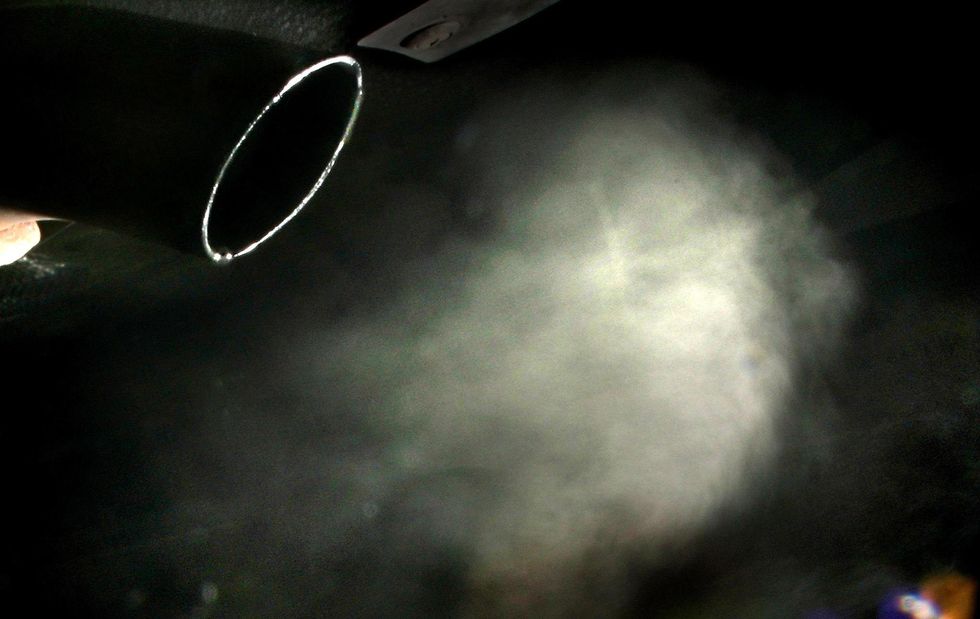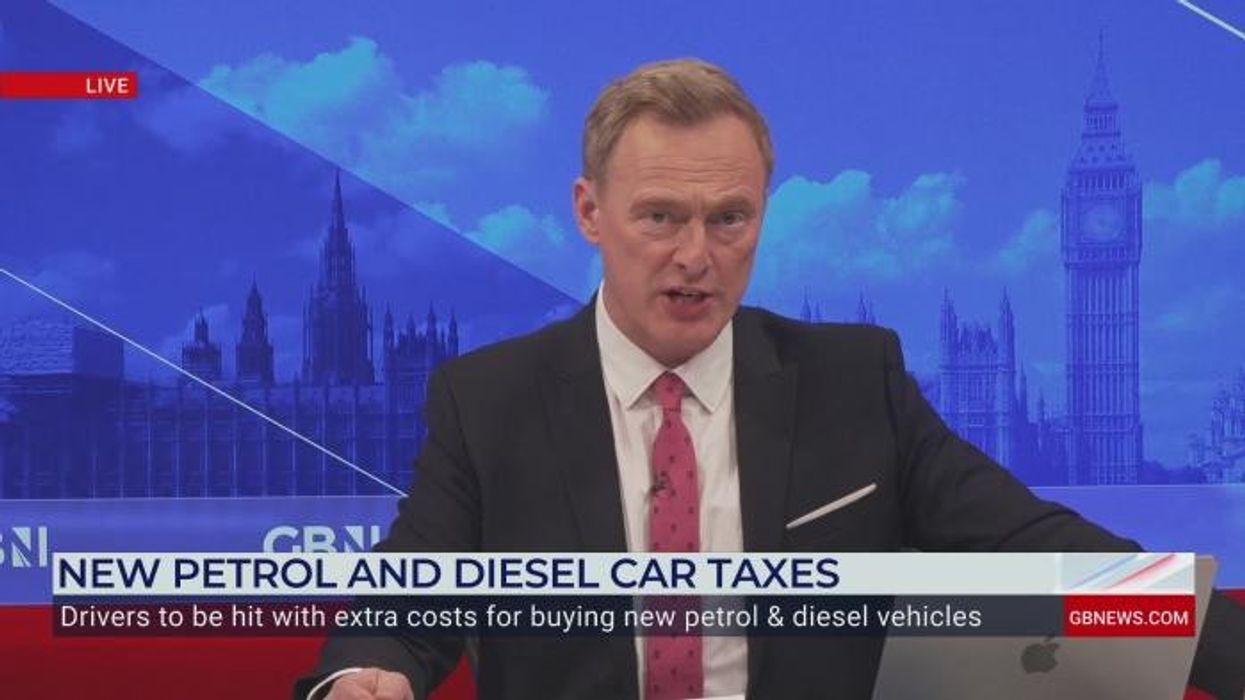Labour urged to introduce tougher emissions rules for petrol and diesel cars aligning with EU standards

Experts have called for higher Vehicle Excise Duty rates for higher polluting vehicles
Don't Miss
Most Read
Labour has been urged to increase Vehicle Excise Duty rates on the highest-polluting vehicles, particularly SUVs, to fall in line with European standards.
It comes after a report revealed that the UK has been failing to properly incentivise electric vehicles while also penalising higher polluting cars off the road.
The analysis showed dramatic differences in how nations in the EU tax polluting vehicles, with some countries like France imposing significant penalties on high emission cars while Germany operates as a "tax haven" for SUVs.
The UK Government is now facing mounting pressure to reform car taxes to accelerate the transition to electric vehicles.
Do you have a story you'd like to share? Get in touch by emailing motoring@gbnews.uk

Experts have called on the Government to introduce weight-based car taxes as well as tougher emission rules
|GETTY
The report highlighted how Germany, Europe's largest car market, provides minimal fiscal incentives for companies to choose electric vehicles over petrol cars, with a tax difference of just £8,718 over four years.
This contrasts sharply with France, where the tax gap between electric and petrol company cars reaches £24,395.
Even more concerning, the benefits companies in Germany receive for large SUVs outweigh the taxes they need to pay, resulting in a negative tax burden of £7,072 over four years.
Similar patterns emerged in other major markets, with Spain offering a tax gap of only £3,209 compared to Portugal's £30,251.
The five largest EU car markets, namely Germany, France, Italy, Spain and Poland, were found to account for 42 per cent of all new cars in the bloc.
France stands in stark contrast to Germany's approach, with companies paying taxes up to £142,912 over four years for a large SUV compared to Germany's £7,072.
This progressive taxation has already translated into lower average CO2 emissions from combustion cars in France (122 g/km versus 144g/km in Germany), according to the research.
Meanwhile, Nordic countries generally performed better in the rankings, with Denmark leading the way in electric company car adoption at 41.6 per cent.
The findings come as the UK Government considers its own approach to vehicle taxation, with environmental groups arguing that Britain should follow France's example by implementing higher taxes on heavy, polluting SUVs while providing stronger incentives for electric vehicles.
The report by the European Federation for Transport and Environment detailed: “A UK driver buying a big polluting SUV like the BMW X5, costing around £85,000, pays just £3,200 in VED compared to a driver in France paying £66,600.”
“Supersized SUVs, which are either more than 1.8m wide or 4.8m long, have been growing in popularity despite them crowding out space in towns and cities, causing more road wear and being more likely to cause fatal injuries for children, cyclists and those driving smaller cars,” it added.
The association also suggested that Labour introduce a weight-based component to Vehicle Excise Duty, which could effectively target larger SUVs.
LATEST DEVELOPMENTS:

Across Europe, cars with higher emissions output are taxed more
| PASUVs are the most popular vehicle type in the UK and across Europe as manufacturers cater to drivers who want more space in their vehicles.











